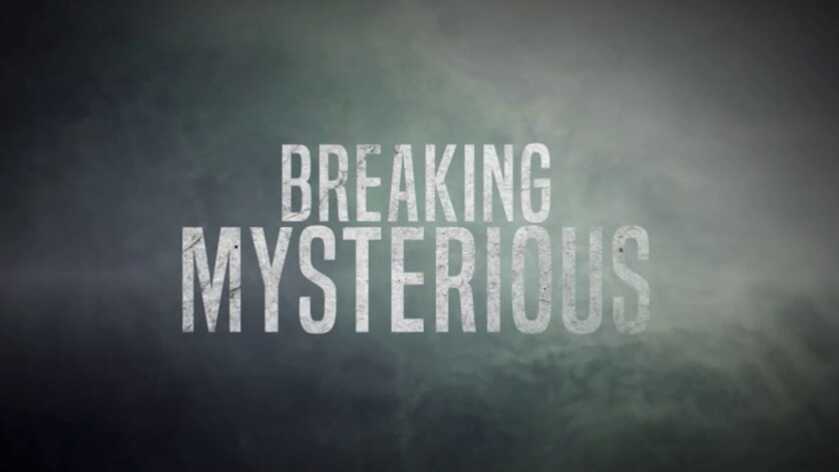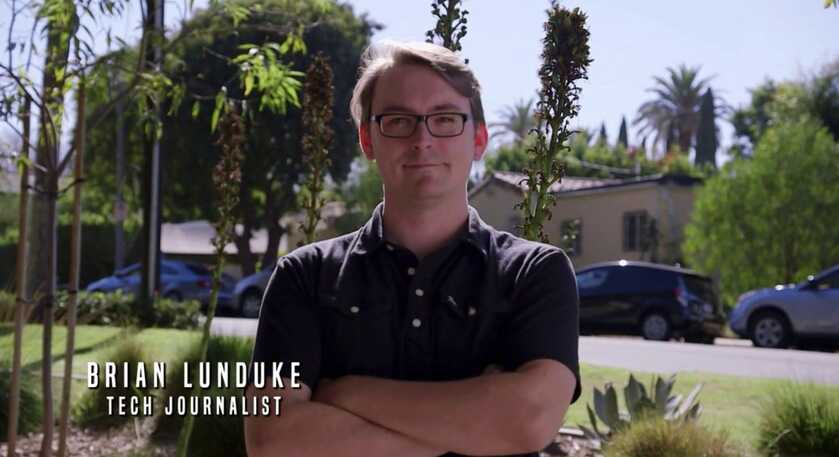Back in July of 2016, I wrote a short article for Network World entitled “The CIA, NSA, and Pokémon Go."
While the title was certainly viewed as a bit “over the top” and “conspiracy theorist-y”, it was really just a collection of (in my opinion, rather bizarre) facts that – even without any sinister connection – were worth documenting. I am republishing it here, with some additional (increasingly odd) details added at the end (including radio and TV appearances related to this article).
Some of the details relating to the exact permissions and capabilities of the Pokémon application have changed over the last few years… but everything else remains correct, factual, and up to date.
The CIA, NSA, and Pokémon Go
With Pokémon Go currently enjoying, what I would call, a wee-bit-o-success, now seems like a good time to talk about a few things people may not know about the world's favorite new smartphone game.
This is not an opinion piece. I am not going to tell you Pokémon Go is bad or that it invades your privacy. I’m merely presenting verifiable facts about the biggest, most talked about game out there.
Let’s start with a little history
Way back in 2001, Keyhole, Inc. was founded by John Hanke (who previously worked in a “foreign affairs” position within the U.S. government). The company was named after the old “eye-in-the-sky” military satellites. One of the key, early backers of Keyhole was a firm called In-Q-Tel.
In-Q-Tel is the venture capital firm of the CIA. Yes, the Central Intelligence Agency. Much of the funding purportedly came from the National Geospatial-Intelligence Agency (NGA). The NGA handles combat support for the U.S. Department of Defense and provides intelligence to the NSA and CIA, among others.
Keyhole’s noteworthy public product was “Earth.” Renamed to “Google Earth” after Google acquired Keyhole in 2004.
In 2010, Niantic Labs was founded (inside Google) by Keyhole’s founder, John Hanke.
Over the next few years, Niantic created two location-based apps/games. The first was Field Trip, a smartphone application where users walk around and find things. The second was Ingress, a sci-fi-themed game where players walk around and between locations in the real world.
In 2015, Niantic was spun off from Google and became its own company. Then Pokémon Go was developed and launched by Niantic. It’s a game where you walk around in the real world (between locations suggested by the service) while holding your smartphone.
Data the game can access
Let’s move on to what information Pokémon Go has access to, bearing the history of the company in mind as we do.
When you install Pokémon Go on an Android phone, you grant it the following access (not including the ability to make in-app purchases):
Identity
- Find accounts on the device
Contacts
- Find accounts on the device
Location
Precise location (GPS and network-based)
Approximate location (network-based)
Photos/Media/Files
Modify or delete the contents of your USB storage
Read the contents of your USB storage
Storage
Modify or delete the contents of your USB storage
Read the contents of your USB storage
Camera
- Take pictures and videos
Other
Receive data from the internet
Control vibration
Pair with Bluetooth devices
Access Bluetooth settings
Full network access
Use accounts on the device
View network connections
Prevent the device from sleeping
Based on the access to your device (and your information), coupled with the design of Pokémon Go, the game should have no problem discerning and storing the following information (just for a start):
Where you are
Where you were
What route you took between those locations
When you were at each location
How long it took you to get between them
What you are looking at right now
What you were looking at in the past
What you look like
What files you have on your device and the entire contents of those files
I’m not going to tell people what they should think of all this.
I’m merely presenting the information. I recommend looking over the list of what data the game has access to, then going back to the beginning of this article and re-reading the history of the company.
Update: April 14th, 2020
In March of 2017, a little less than a year after this article was originally published, WikiLeaks released what they called “Vault 7." A series of documents that was purported to be a large leak of CIA related documents focused heavily on hacking and electronic surveillance.
Among those documents was a list of code names, descriptions, and various details around Android specific exploits.
Of the code names listed… almost a third of them were Pokémon names. Between that and the CIA investment (via In-Q-Tel) in Niantic (the company behind Pokémon Go)… I mean, that's just a heck of a lot more Pokémon than one would expect from the CIA.
One other little tidbit:
The original CEO of In-Q-Tel was a man named Gilman Louie. Louie received multiple awards for his work with In-Q-Tel - including CIA Agency Seal Medallions, Director's Award by the Director of the Central Intelligence Agency, and Director of National Intelligence Medallion – which included investing in Keyhole.
Louie now sits on the board of directors of Niantic.
In 2019 alone, Pokémon Go earned $1.4 Billion (USD). As of February 2019, the game had been downloaded over One Billion times.
Update: June 15th, 2024
After this article was originally published, back in 2016, I made a few radio guest appearances to talk about it -- my favorites being for Coast to Coast AM and Fade to Black. Both of which remain available online.
This was followed by an episode of a TV show, for The History Channel, called "Breaking Mysterious". That show only received a limited run in the USA, but it remains available via streaming in many other countries in case you want to look it up.
Here's a few snapshots from that episode (Season 1, Episode 1 - "The Watchers") just for good measure.

















